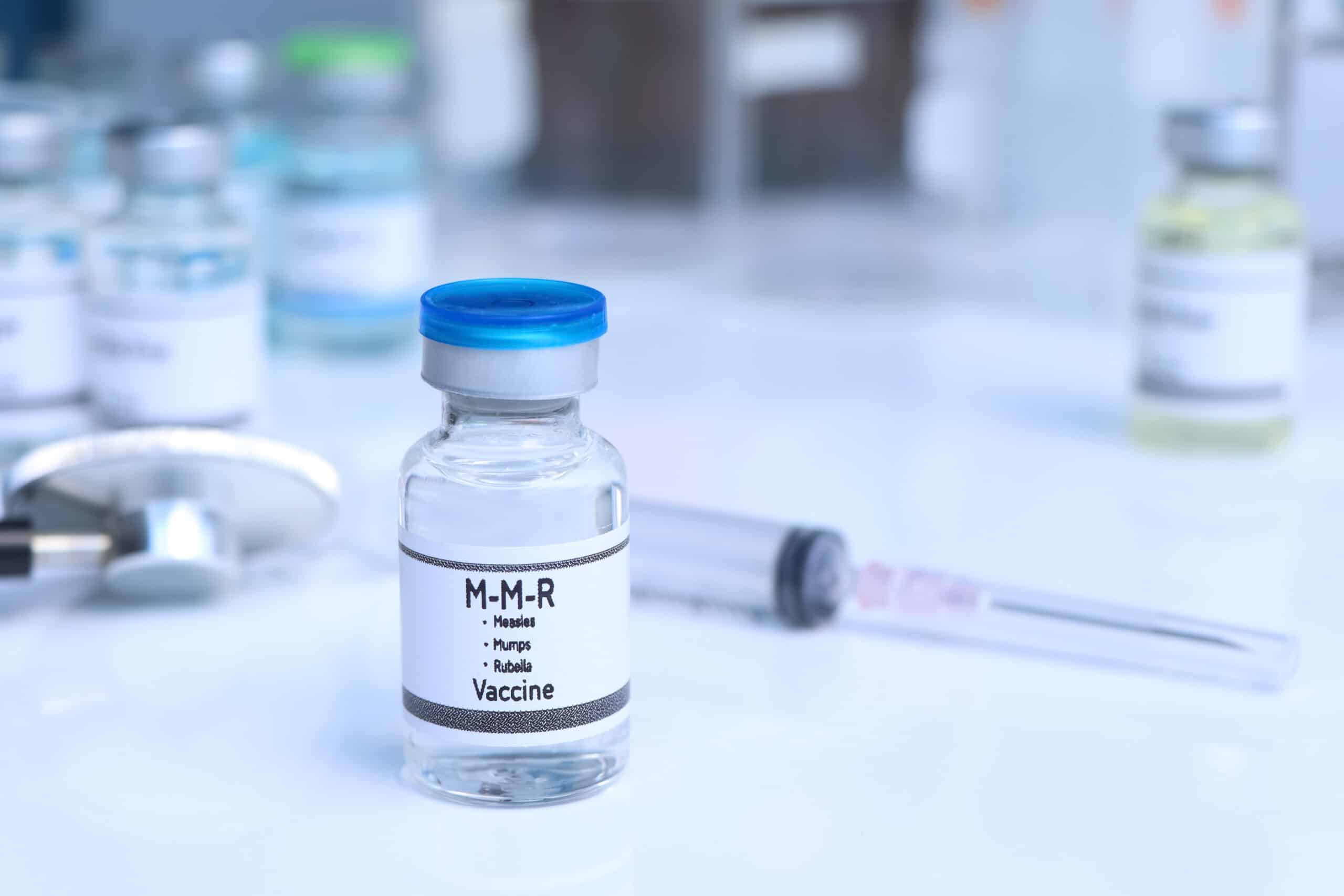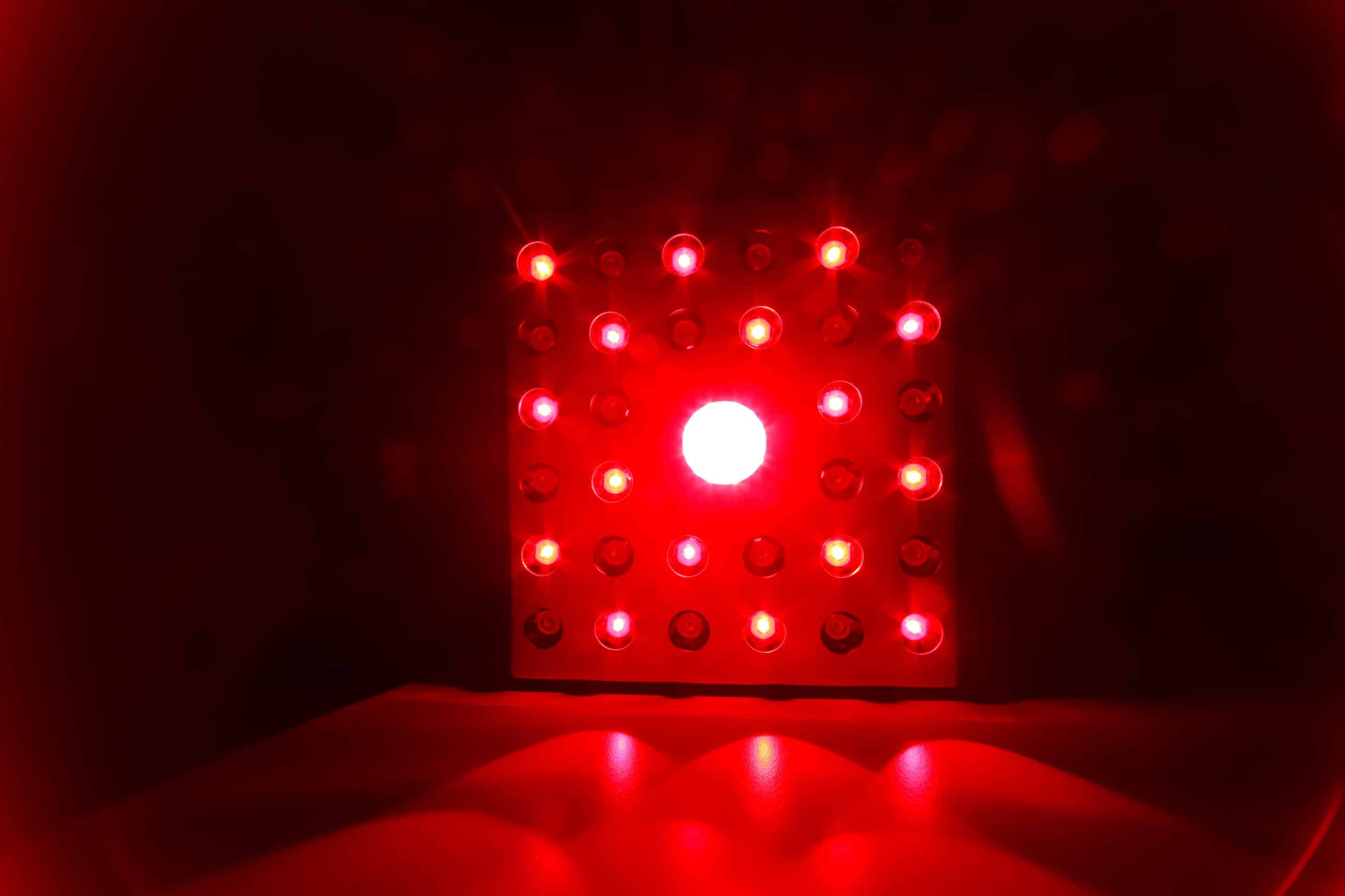As many of you know, the U.S. is currently experiencing an increase in the number of measles cases. Measles is a highly contagious viral illness that typically begins with flu-like symptoms and is often followed by a characteristic rash. Most current cases are in children.
Over the last 15 years, the national average has been relatively low—about 250 cases per year. However, as of now, there have been 483 reported cases in 2025. Encouragingly, the rate of new cases appears to be declining over the past three weeks.
While measles often causes a self-limited illness that resolves in 1–2 weeks, it can sometimes lead to more serious complications. About 14% of patients with measles require hospitalization, most often due to pneumonia or, less commonly, encephalitis (brain inflammation).
Although this year’s increase is concerning, we’ve seen similar spikes in the past. For example, there were 1,274 cases in 2019 and 667 cases in 2014. A much larger outbreak occurred in 1990, with over 27,000 reported cases. The vast majority of recent cases are occurring in unvaccinated individuals.
A vaccine for measles prevention was first introduced in the U.S. in 1963. By 1968, the number of cases dropped from around 500,000 per year to just a few thousand. After the 1990 outbreak, the recommendation was changed from a single dose to a two-dose series, which led to a further dramatic decline in cases. The vaccine is approximately 93% effective after one dose and 97% effective after two.
In 1998, a former British physician, Andrew Wakefield, published a now-retracted article in The Lancet falsely claiming a link between the MMR (measles, mumps, rubella) vaccine and autism. It was later revealed that he had serious conflicts of interest and had manipulated his data. Despite being thoroughly discredited, his publication caused widespread public fear and led to a decline in vaccination rates. Numerous high-quality studies since have confirmed that the MMR vaccine is safe and not associated with autism.
Vaccination—or documented immunity from a prior measles infection—remains the best way to prevent contracting measles. Children are routinely vaccinated at age 1, with a booster at age 4–6. Adults born before 1957 are presumed immune, as measles was widespread during their childhood. Those born after 1967 likely received the current version of the vaccine and should be protected. For anyone born in 1957 or later without documented MMR vaccination or known immunity, a one-time booster dose is recommended. If there is uncertainty, a test for immunity can be added on to a routine blood draw. We’re happy to help if you have any questions.
We hope this letter finds you well and enjoying a happy and healthy 2025. Please don’t hesitate to reach out with any questions or concerns.
Warm regards,
Ian Kroes, David Hiroshima, Judy Kim, and the staff at Peninsula Doctor


